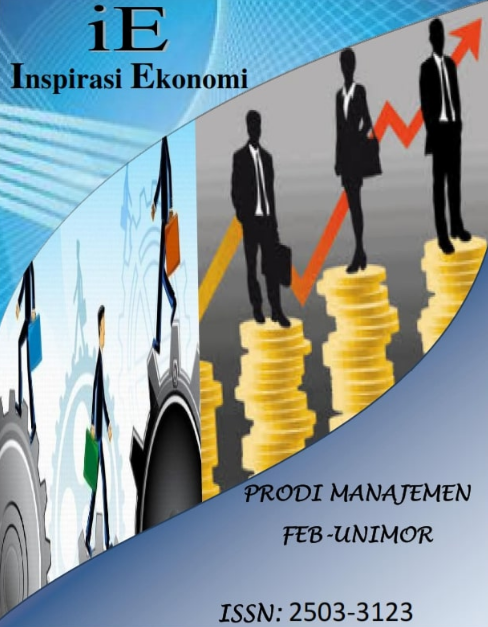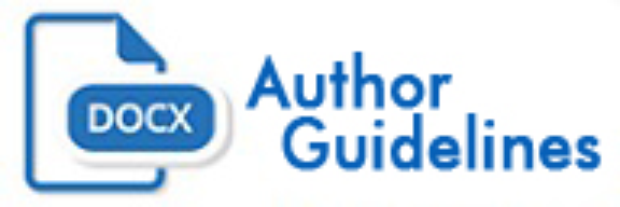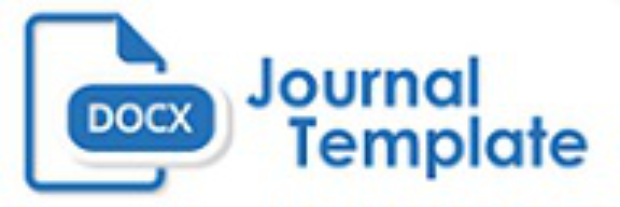MANAJEMEN ETIK JURNALISTIK (Studi Kasus Pemberitaan Pemilu AJI Kota Kupang)
Abstract
Choosing a quality leader, especially a political leader, depends on the information that voters receive in the election process. Two important components that play a role in providing information are political parties and the mass media. Between these two components, the mass media holds an important key. Therefore this study aims to determine the management of news coverage in the mass media; how about the news, especially published political news, is processed ethically within the framework of management functions in general. This research was conducted at AJI Kupang City using a qualitative approach. Observations and interviews, supported by scientific references, are techniques for obtaining and analyzing data. The results of the study show that news management in the mass media is generally in line with management functions. The problem is in the online media. In online media, news management does not function properly due to limited human resources. Field studies show that the media and journalists are caught up in ethical issues when reporting on political events; especially news about prospective political leaders. The mass media and journalists are trapped in a decision that violates the journalistic code of ethics by siding with a particular candidate. This partiality can be seen in every report regarding a candidate who is supported by other candidates. Self-integrity is the reason journalists are trapped in this problem. As a solution, researchers offer a management model that is expected to minimize violations of journalistic ethics. The news management model in applying management functions, pays attention to the following elements: 1) Issue exploration team, 2) Supervisory Board, 3) Complaint Center, 4) Education and Training implementing agency, 5) Technical Rules
References
Azhari, 2011, Mereformasi Birokrasi Publik Indonesia, Pustaka Pelajar, Yogyakarta
Khoiron, M. Nur, 1999, Pendidikan Politik Bagi Warga Negara (Tawaran Operasional dan Kerangka Kerja)
Hage, Markus Yohanes 2021, Etika Profesi Hukum. (Bahan Ajar), Undana, Kupang.
Lexy J. Moleong . 2007; Metodologi Penelitian Kualitatif, Rosdakarya, Bandung
Rachbini, J. Didik, 2006: Ekonomi Politik dan Teori Pilihan Publik, Ghalia Indonesia: Bogor
Ruyatnasih, Yaya dan Megawati, Liya, 2018; Pengantar Manajemen, Teori, Fungsi dan Kasus, CV Absolute Media, Yogyakarta
Santana, Septiawan. (2005); Jurnalisme Kontemporer.: Yayasan obor Indonesia, Jakarta.
Sugiyono. (2006); Metode Penelitian Kuantitatif Kualitatif dan R & D.: Alfabeta, Bandung
Yuni Mogot-Prahoro, 2021; Manajemen Surat Kabar: Panduan Ilmu, Pengetahuan, Seni, Nurani dan Intuisi; Prenada Media Group, Jakarta
Dewan Pers; Kode Etik Jurnalistik
UU No. 40 Tahun 1999 Pers
Copyright (c) 2023 Inspirasi Ekonomi : Jurnal Ekonomi Manajemen

This work is licensed under a Creative Commons Attribution-NonCommercial-ShareAlike 4.0 International License.










